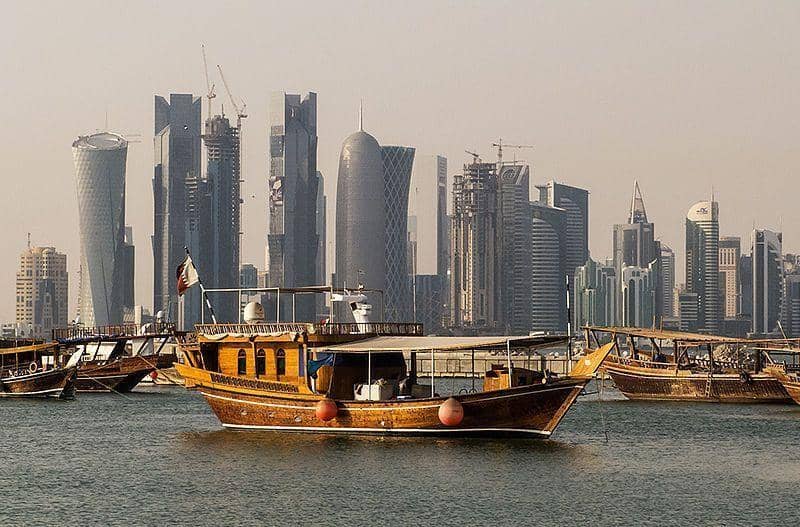When more properties were sold in November of last year, the real estate market in Qatar saw a boom. The Planning and Statistics Authority (PSA) released data yesterday showing that 321 properties were sold nationwide in November 2023, representing an annual increase of 54.3 percent.
Al Wakra made up 43 properties out of the total number of sold properties by the municipality, representing an increase of 126% year over year. Al Sheehaniya came in first with 100%, Al Daayen 41 with 64%, Doha 83 with 59.56%, Umm Slal 38 with 52%, Al Rayyan 89 with 48.3%, and Al Shamal 12 with 9.1% in November 2023.
In November 2023, properties in Qatar were sold for a total of QR1,460.9m, indicating monthly and annual increases of 9.9 percent and 7 percent, respectively.
The real estate industry in Qatar is experiencing rapid growth, coming in second to the energy sector in terms of investment attraction. Following the FIFA World Cup’s success, the nation’s real estate market has continued to rise, and the industry is flourishing with several investment projects.
Yearly, the total number of properties sold by the municipality in Umm Slal was 14.5 percent; in Al Rayyan, it was 77.5 percent; in Al Sheehaniya, it was 62.7 percent; and in Al Daayen, it was 5.4 percent. On an annual basis, the municipalities of Doha, Al Shamal, Al Khor, and Al Thakira experienced a decline.
According to data, as many as 748 building permits were issued in Qatar in November 2023, representing a 16 percent year-over-year increase during the review period.
In November 2023, there were 457 (5.5 percent) additions and 26 (13 percent) fencing permits issued, making up 265 permits, or 15.3 percent, of all building permits issued.
Data on building permits is especially important since it’s seen as a barometer of how well the construction industry is doing, and the construction industry plays a big role in the US economy.
Qatar is ready to compete on the global stage because it has the infrastructure to support a significantly larger population, the government has put policies in place to draw investors—like residency through real estate—and local banks are offering financial instruments to help finance purchases.
Long-term growth in the real estate sector is anticipated due to many government investment-friendly policies, the countrywide expansion of the sector, and numerous infrastructure projects and developments.
To prepare for the massive athletic event, Qatar developed its infrastructure, and it has been improving accessibility both inside and outside of Doha, the nation’s capital.
